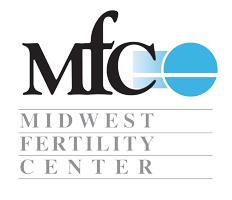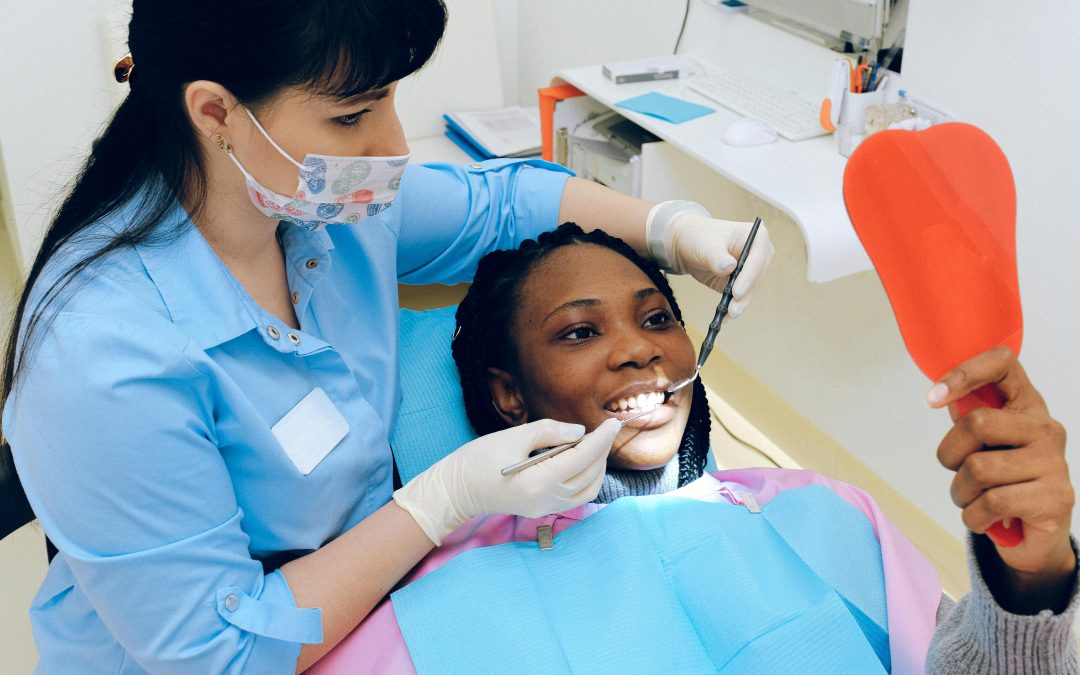Pregnancy is an exciting time filled with anticipation and joy. As you prepare for the arrival of your little one, it’s essential to prioritize your health, including your dental health. The changes your body undergoes during pregnancy can significantly impact your oral health, making it crucial to maintain good dental hygiene and seek regular dental care.
Why Dental Health Matters During Pregnancy
Hormonal changes during pregnancy can affect your gums and teeth. Increased levels of progesterone and estrogen can lead to heightened blood flow to your gums, causing them to become more sensitive, swollen, and prone to bleeding—a condition known as pregnancy gingivitis. Left untreated, gingivitis can progress to more severe periodontal disease, which has been linked to adverse pregnancy outcomes such as preterm birth and low birth weight.
Additionally, pregnancy can exacerbate existing dental problems and increase the risk of tooth decay due to changes in diet and increased acidity in the mouth from morning sickness. Thus, maintaining optimal oral health during pregnancy is vital for both your well-being and your baby’s development.
Common Dental Issues During Pregnancy
Pregnancy Gingivitis
Many pregnant women experience gingivitis, characterized by red, swollen, and bleeding gums. Regular brushing, flossing, and dental check-ups can help manage and prevent this condition.
Periodontal Disease
If gingivitis is not treated, it can progress to periodontal disease, a severe gum infection that can damage the soft tissue and bone supporting your teeth. Periodontal disease during pregnancy has been associated with preterm births and low birth weight.
Tooth Decay
Increased snacking and changes in diet, coupled with morning sickness, can lead to higher levels of acid in the mouth, eroding tooth enamel and leading to cavities.
Pregnancy Tumors
Some women develop pregnancy tumors, non-cancerous growths on the gums that bleed easily. These tumors usually disappear after giving birth, but if they cause discomfort, consult your dentist.
Dental Care Tips for Pregnant Women
Maintain Good Oral Hygiene
Brush your teeth at least twice a day with fluoride toothpaste and floss daily. Use a soft-bristled toothbrush to avoid irritating sensitive gums.
Visit Your Dentist Regularly
Schedule regular dental check-ups and cleanings. Inform your dentist about your pregnancy so they can tailor your care appropriately. Most dental procedures are safe during pregnancy, but the second trimester is generally the best time for non-emergency treatments.
Eat a Balanced Diet
Consume a nutritious diet rich in calcium, protein, and vitamins to support your baby’s development and your oral health. Limit sugary snacks and drinks to reduce the risk of tooth decay.
Manage Morning Sickness
If you experience morning sickness, rinse your mouth with a teaspoon of baking soda dissolved in water to neutralize the acid. Avoid brushing your teeth immediately after vomiting, as this can erode softened enamel.
Stay Hydrated
Drink plenty of water throughout the day to help wash away food particles and bacteria, and stimulate saliva production, which protects against tooth decay.
Avoid Harmful Substances
Avoid tobacco and limit alcohol consumption, as these can harm your baby’s development and negatively impact your oral health.
Safe Dental Treatments During Pregnancy
Most dental treatments, including cleanings, fillings, and root canals, are safe during pregnancy. However, elective procedures should ideally be postponed until after delivery. Here are some considerations:
– X-Rays: Dental X-rays are generally safe during pregnancy with appropriate shielding to minimize exposure to the abdomen.
– Local Anesthesia: Local anesthetics like lidocaine are safe for use during pregnancy. Inform your dentist of your pregnancy so they can adjust dosages if necessary.
– Medications: Some antibiotics and pain relievers are safe during pregnancy, but always consult your dentist and obstetrician https://mfcfamily.com/ before taking any medication.
Taking care of your dental health during pregnancy is crucial for both you and your baby. By maintaining good oral hygiene, visiting your dentist regularly, and following a balanced diet, you can prevent dental problems and ensure a healthy pregnancy. Remember, your dental health is an integral part of your overall well-being, so make it a priority during this special time in your life.

